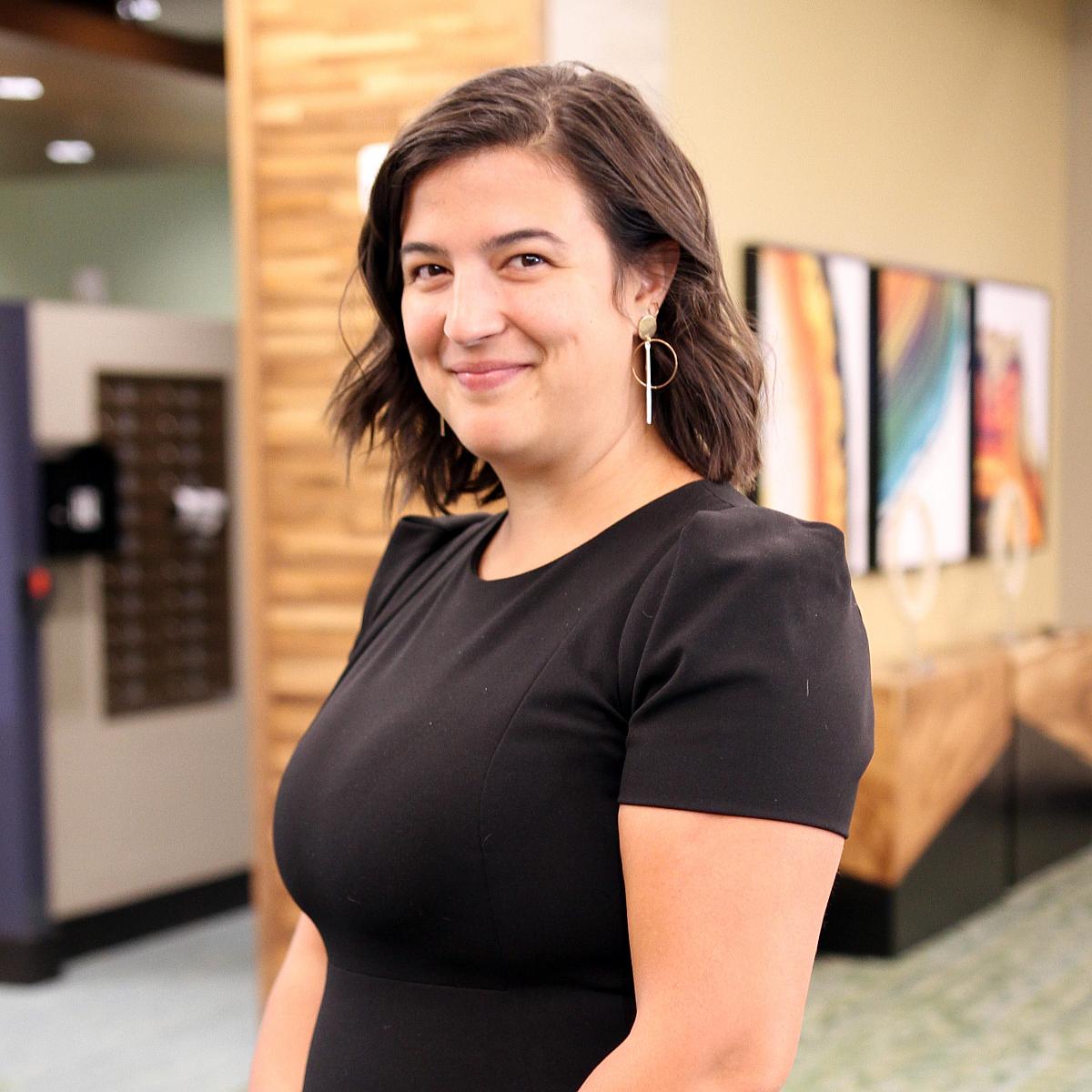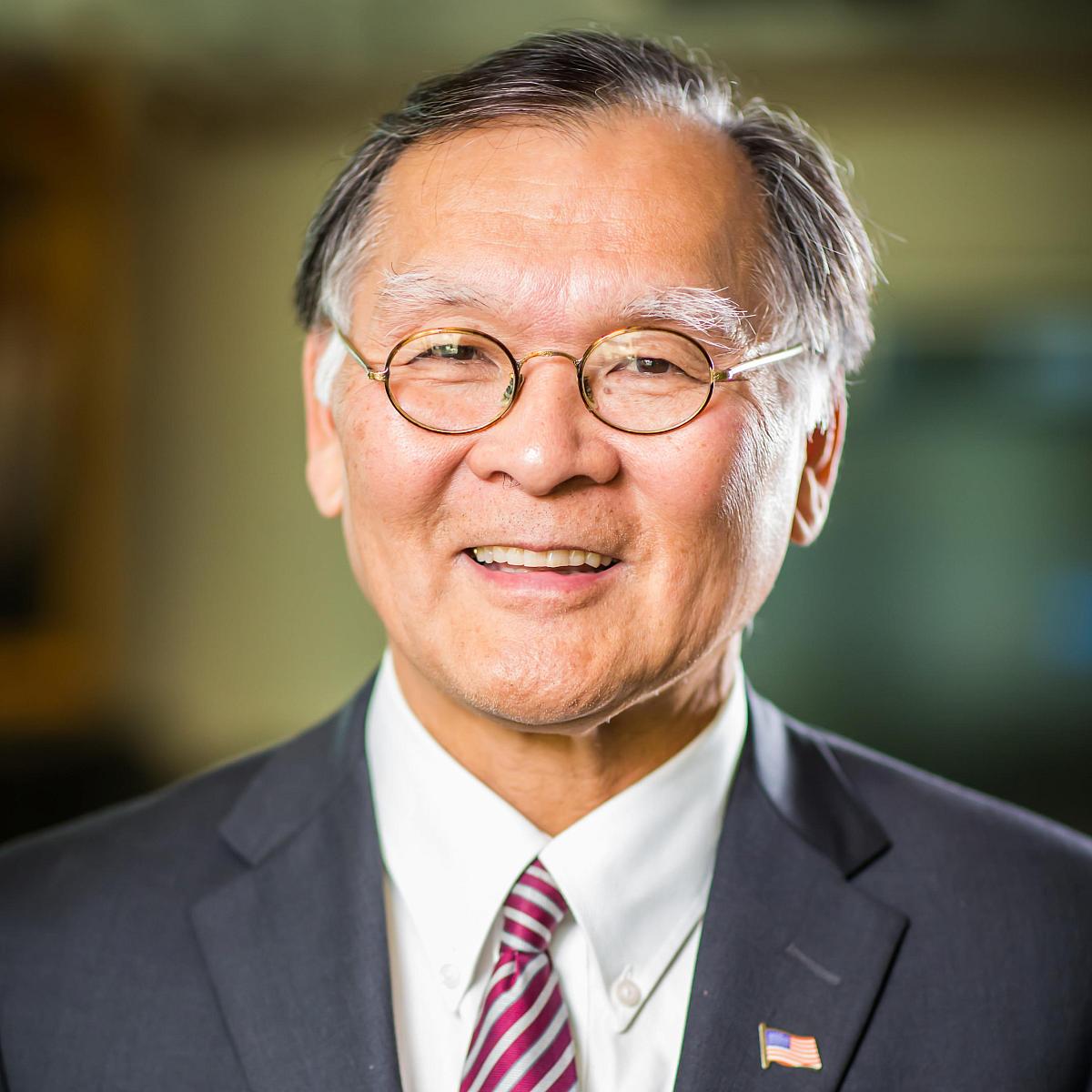
Partner With Us

Partner With Us
Sharing Decisions With the Community
The University of Utah is a learning organization. We thrive on the discovery and dissemination of new knowledge and information. Just as we seek opportunities for bi-directional learning and participation on our campus, we want to do the same out in the community. As the only academic medical center in Utah, we want to leverage our research, clinical, and education expertise to drive health-based conversations within the community. We also aim to bring community perspectives into the rooms where decisions are happening at the health-system level.
In collaboration with the community, we develop goals on behalf of the health and well-being of our citizens, region, and nation. At the same time, we want to take the community perspective into our clinical priorities. As U of U Health continues to expand to serve a growing and ever-changing population, we have to listen and respond to their needs. When making decisions within the health system, we should always consider: What does the community think? How is this going to impact them? What do they perceive as their biggest health needs?
Who We Are

RyLee Curtis, MPP
RyLee Curtis is a Utah native who graduated with a dual degree in Communications and Political Science from the University of Utah, where she also received her master’s degree in Public Policy. She worked on Medicaid policy in Utah for many years before joining University of Utah Health as the Director of Community Engagement. In this role, she leads University Hospital’s Healthcare Anchor Institution work and engages with community-based organizations to address social determinants of health. Curtis believes in the power of building partnerships on the University of Utah campus, in Salt Lake Valley, and across the state of Utah. Click here to contact RyLee.

Brian E. Shiozawa, MD
Brian E. Shiozawa is the Associate Vice President for Health Policyat University of Utah Health and Associate Professor of Surgery in the Division of Emergency Medicine. From 2017-2019, Dr. Shiozawa served as the Regional Director of the US Department of Health and Human Services. He also served two terms in the Utah State Senate, chairing the Business, Economic Development, and Labor Appropriations Committee and passing as sponsor or co-sponsor over 50 health care-related bills. Dr. Shiozawa attended Stanford University, received his medical degree from the University of Washington, and completed residency at the University of Utah. Contact Brian here.